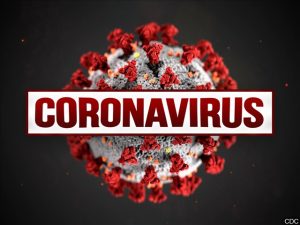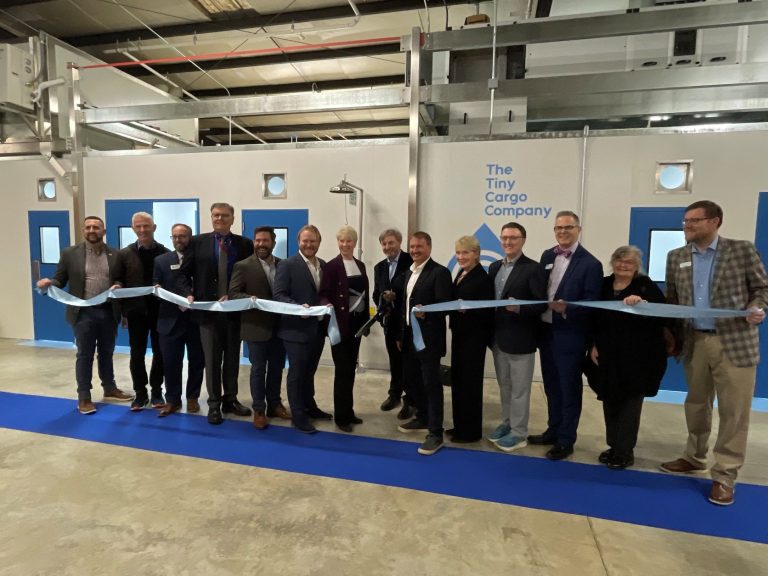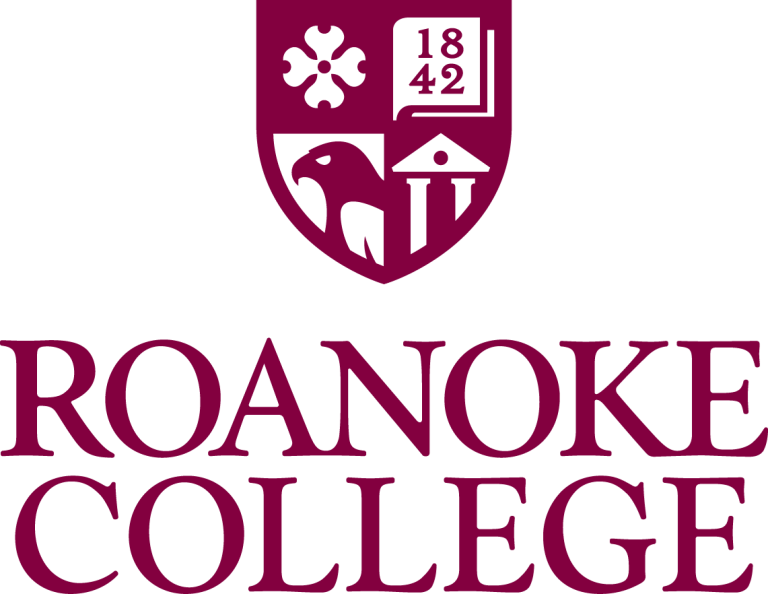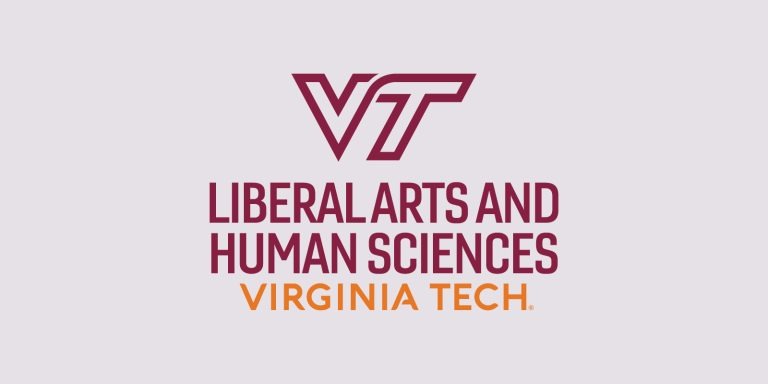 Virginia has rolled out a smartphone app to automatically notify people if they might have been exposed to the coronavirus, becoming the first U.S. state to use new pandemic technology created by Apple and Google.
Virginia has rolled out a smartphone app to automatically notify people if they might have been exposed to the coronavirus, becoming the first U.S. state to use new pandemic technology created by Apple and Google.
“We’re using every possible approach to fight this virus and keep Virginians healthy,” Northam said in a statement provided to AP that encouraged all Virginians to download the app. “The COVIDWISE app is completely anonymous, protects personal privacy, and gives you an additional tool to protect yourself and your community.”
During his news conference, the governor went to unusual lengths to address privacy concerns. WFIR’s Evan Jones has more:
Covidwise relies on Bluetooth wireless technology to detect when someone who downloaded the app has spent time near another app user who later tests positive for the virus. It is available at Apple and Android app stores.
Those who download Virginia’s app get a message that it is “100% voluntary” and doesn’t use location-tracking technology such as GPS or collect personal information that can be used to identify someone.
“Your device will share anonymous tokens via Bluetooth with other COVIDWISE users,” the app says. “If another user you’ve been nearby tests positive for COVID-19 within a 14-day period, your app will notify you.”
It also says those who test positive can anonymously notify others to help stop the disease’s spread.
Information on Virginia’s public health department website says the app measures close contact as within 6 feet of someone for at least 15 minutes, using guidelines from the U.S. Centers for Disease Control and Prevention.
If, for instance, there are two students in adjacent dorm rooms with a wall between them, the health department says the wall “would be expected to diminish the signal strength between devices” but a false alarm might still be triggered depending on the wall’s materials and structure.
A number of states have expressed interest in using the Apple-Google technology for an app, including Alabama, South Carolina, North Dakota and Pennsylvania, but until Wednesday none had publicly introduced one yet.
“Everyone is trying so hard and there’s limited time, limited capacity,” said Sameer Halia, who is working to launch an app in Arizona using the Google and Apple software. “Every state will look at what their needs are and what their population cares about and make a decision.”
Several states have rolled out apps using other approaches, such as satellite-based GPS location tracking, but there’s little evidence they have been successful. Unlike the tech companies’ model, many of these apps send data to public health officials so they can use it to trace the contacts of infected patients.
“While we know that it has been very helpful in many cases, we can’t say exactly how many,” said Rhode Island health department spokesman Joseph Wendelken.
Privacy advocates have largely favored the approach taken by Apple and Google, but some health experts have questioned its effectiveness, especially if there are too many false alarms and if local health agencies don’t have the capacity to test enough people.
Apple and Google didn’t immediately return an emailed request for comment Wednesday.



